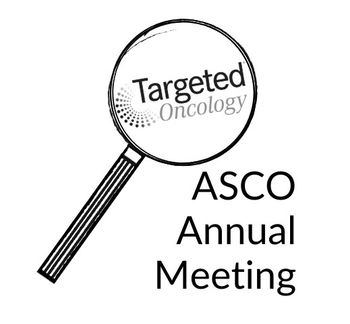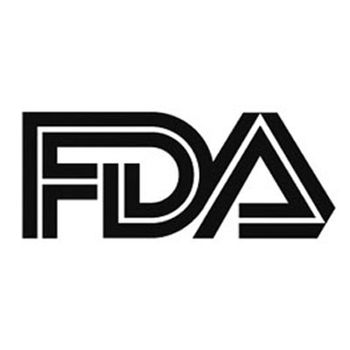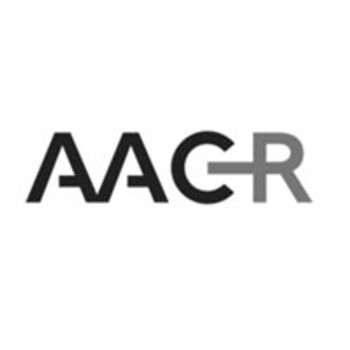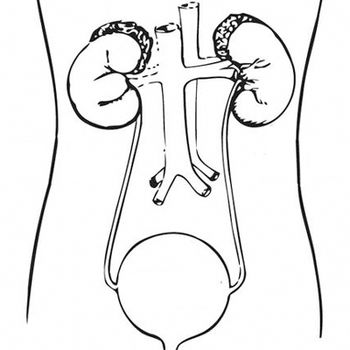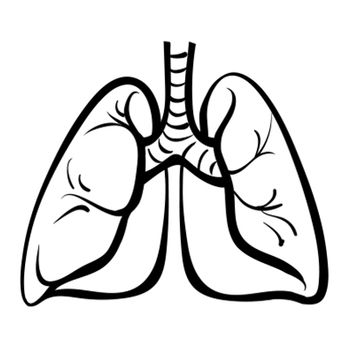
Osimertinib (Tagrisso) has been approved by The European Commission as a frontline treatment for patients with <em>EGFR</em>-mutant locally-advanced or metastatic non–small cell lung cancer. The approval is based on data from the phase III FLAURA trial.


